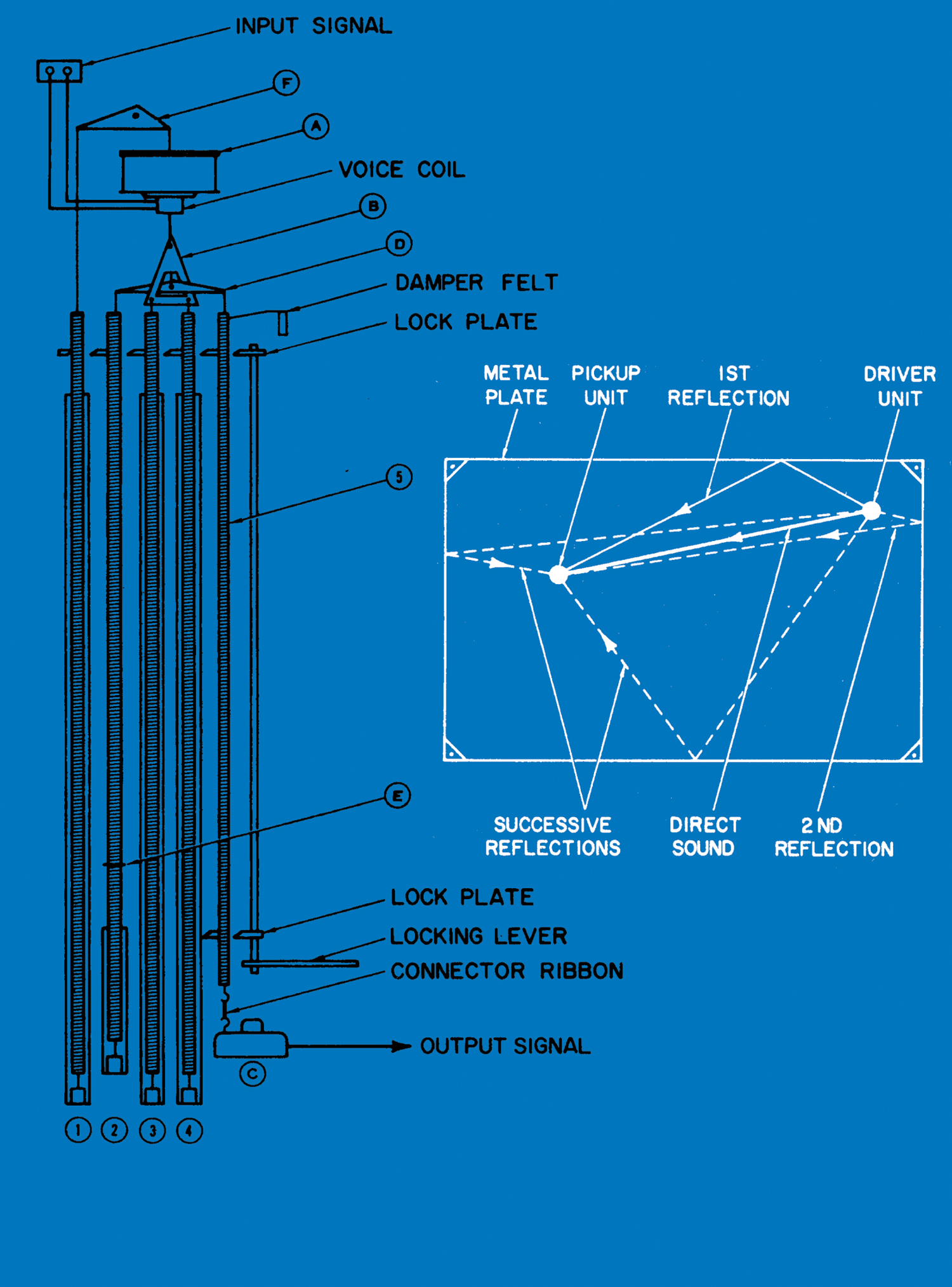PSP L'otary is an emulation of the classic Leslie 122 and 147 rotary cabinets. I've been a big fan of PSP's products since my first use of the company's fantastic rendition of the Lexicon PCM 42 delay unit, so I was anxious to get my hands (or mouse) on this one.
Leslie cabinets have been a staple in most commercial studios for as long as any of us can remember. They add that unmistakable sense of movement, depth, and harmonics to anything you play through them, be it an organ, keyboard, guitar, or vocal. The downside, of course, is that Leslies are heavy, cumbersome, and sometimes just flat-out unreliable the older and older they get. So a proper plug-in emulation is a very powerful tool for the digital world.
PSP L'otary's GUI can look somewhat overwhelming at first, given the number of controls. So instead of diving in and tweaking away, I loaded the 122 preset and was immediately surprised. This sounds like a Leslie - squeaky mechanics and all! I always find myself slightly underwhelmed with virtual amp models, whether they're guitar, bass, or rotary. I've always blamed it on the difficulty in capturing the movement of air, which is of course the heart of the rotary sound. So to hear PSP L'otary instantly capture not only the sound but also the vibe of the original was, well, really impressive.
I immediately set up a handful of MIDI loops to blindly compare PSP L'otary to a couple other plug-in emulations on the market. PSP L'otary had a depth and sense of realness that I found lacking in the other two. It sounded less like a rotary effect and more like a rotary speaker in a room, if that makes sense.
I would've been happy here, but as I mentioned, PSP L'otary offers an extensive number of controls, broken down into three sections: horn, drum, and center. One of the smartest additions is the variable speed lever within the center section, which allows you to glide between chorale and tremolo settings, instead of simply choosing one or the other, as on the original. Perfect! If you don't care about blending the two speeds, a speed button acts like the original switch, changing quickly between the two extremes and wonderfully recreating that "slow down/speed up" effect.
Going further, the center display sports a useful four-band EQ and an amplifier panel with both tube and solid-state gain flavors. A drive control lets you overload the amp for tasteful coloration, or if a totally clean tone is desired, then use the "Thru" option to bypass the amplifier altogether.
One of my favorite additions is the "Mech" knob, which adjusts the level of air turbulence and mechanical noise generated by the plug-in. I'm not usually a fan of artificial noise on plug-ins, especially when it's the default setting. I welcomed it in this case only because the mechanical clunks and squeaks are such a noticeable part of the original's charm. Adding just a little bit to your signal can elevate the sound to something slightly more authentic.
Horn and drum sections share identical controls for the different speaker components. A speed section allows users to set the rate of the different speakers independently for both the chorale and tremolo positions. Keeping these controls speaker- specific allows the horn and drum to rotate at different speeds and is perfect for unique warble effects or for recreating the sound of a busted drum. The inertia controls handle the acceleration and deceleration, while a mic section offers distance control, high-pass filter for the horn, low-pass for the drum, and gain.
A mix control would have been a nice addition, especially for quickly auditioning the plug-in or when a subtle modulation effect, say on a stale background synth, is all you need. PSP L'otary does also require a hefty amount of processing power. You gain some sonic depth when "Brilliant" is selected, which may or may not be worth the added CPU strain, depending on your application, though I found the "Low CPU" setting more than adequate for my needs and experienced no CPU overloads in months of heavy use.
Throwing a vocal or guitar lead through a Leslie cabinet can be a bit of a task, especially for on-the-clock mix sessions or when you're simply exploring the possible directions for a sound. Often, either we don't have the time or our studios don't have the space. PSP L'otary gives users the creative flexibility to quickly try a faithful rotary effect on anything we can imagine, while offering tons of tweakable parameters along the way. That's the real victory of this plug-in.
$99 direct; www.pspaudioware.com
Dave Cerminara is at davecerminara@gmail.com




_disp_horizontal_bw.jpg)